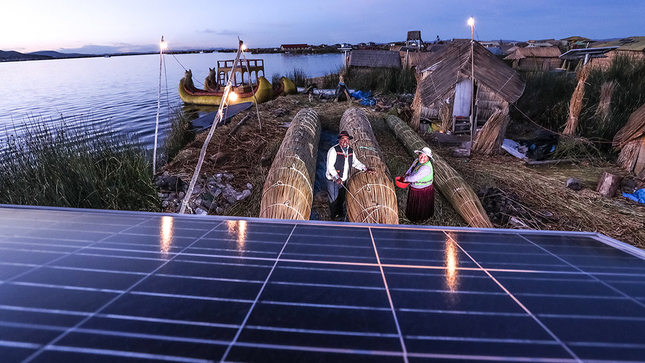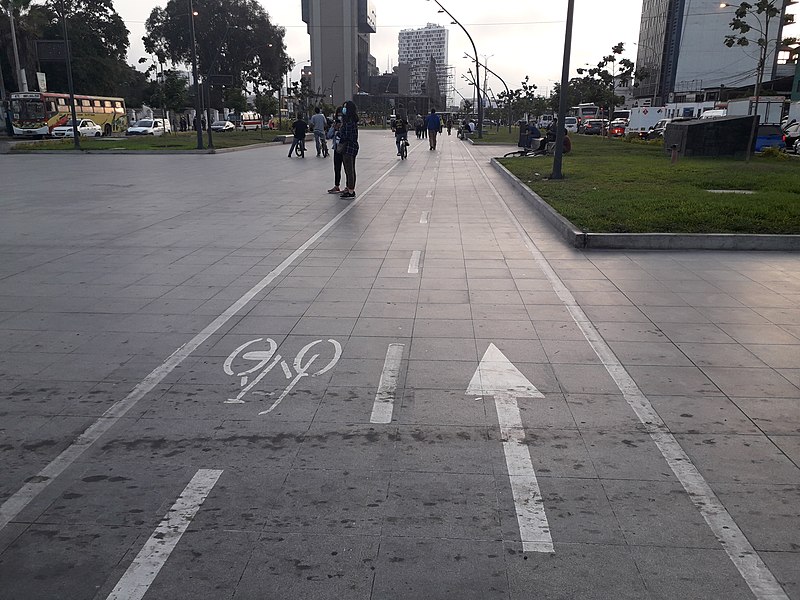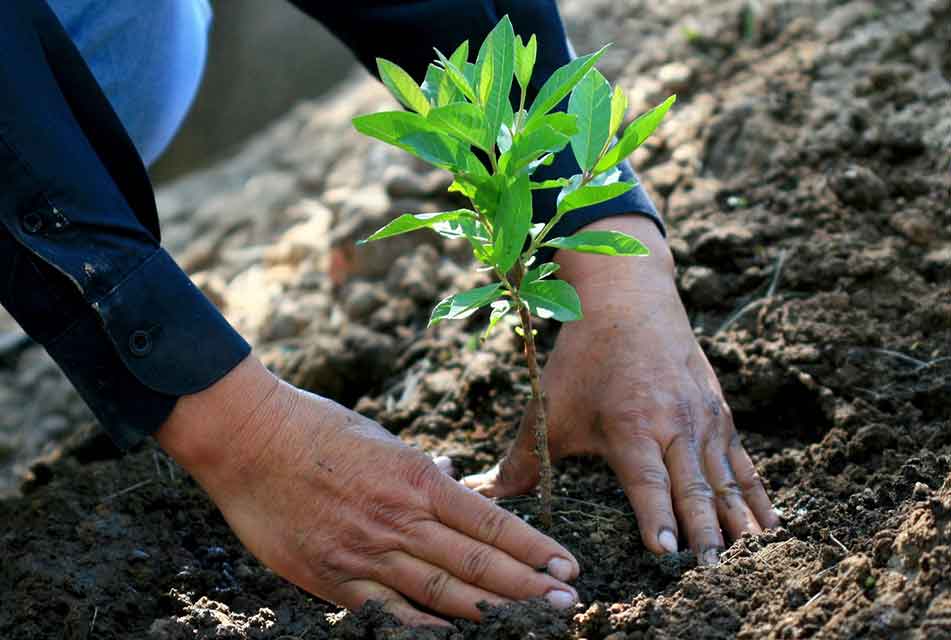Deploying Participatory Value Evaluation (PVE) in Energy Transition - Peruvian Case
Karen Trujillo & Hillary Gonzáles Pecho

Deploying Participatory Value Evaluation (PVE) in Energy Transition - Peruvian Case
The objectives of Latin America and the Caribbean to reduce CO2 emissions and their commitments issued within the Paris Agreement in 2015 to taking more action towards climate encounter a number of challenges given differences in economic, institutional, social and demographic characteristics among these regions. Indeed, climate change poses a significant risk to Peru due to the country’s geography as well as its natural resource-dependent economic structure. In this regard, inaction on identifying potential measures and policies preferred by its citizens to mitigate climate change and to foster a progressive energy transition, might accentuate current issues (e.g., gap of the access to electric energy in rural areas; dependence on few energy sources; intermittence on the energy provision due to droughts and the “El Niño Phenomenon”, etc.)
Taking action towards climate change demands the participation of critical agents (i.e., citizens as a society) in such a way that Governments can understand and identify which mitigation measures can be considered to reduce CO2 emissions and, most importantly, that counts on public support. Our research aims to put Climate Policy on the agenda of Peruvian policy-making by conducting a Participatory Value Evaluation (PVE) with a representative sample of 2,000 citizens. In the PVE, respondents advise their government on the extent to which six mitigation measures related to transport, energy, agriculture and forestry need to be applied to reach the Climate goals. In addition, we study whether citizens in a Latin American country experience participation in a PVE differently than citizens in a European country like the Netherlands

Transport

Energy

Agriculture

Forestry
Picture sources:
1) https://es.m.wikipedia.org/wiki/Archivo:Ciclov%C3%ADa_28_de_Julio_Lima_1.jpg